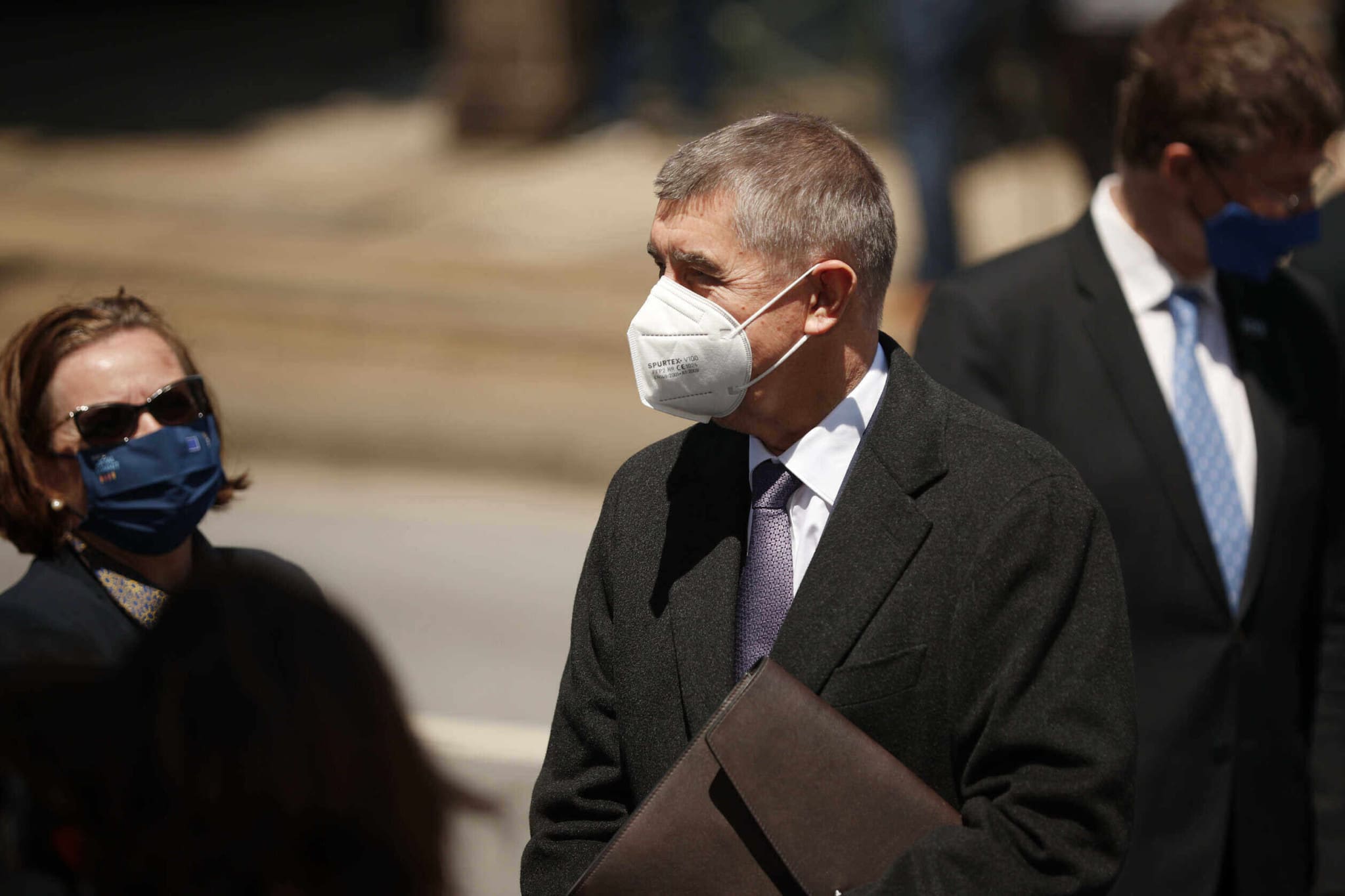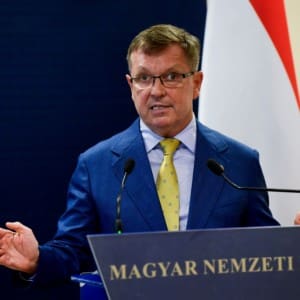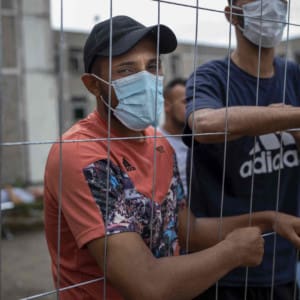Czechia will donate at least 2.39 million vaccines by the end of the year. They will be sent to the Balkan countries, Africa, and Asia. The donation is part of an earlier agreement between EU leaders, according to which the union will donate a total of 100 million doses of vaccine to third countries. “We will only be safe from coronavirus if we provide vaccines for the whole world,” wrote European Affairs Secretary Milena Hrdinková.
On Sunday evening, Prime Minister Andrej Babiš stated on social media that Czechia was about to do this. Slovakia will probably take one million Pfizer/BioNTech doses from the Czech quota on vaccines and pay for them. According to Babiš, Czechia will also donate a quarter of a million doses to Vietnam and 20,000 to Taiwan.
Back in mid-July, Babiš asked Hungarian Prime Minister Viktor Orbán if the country would lend 200,000 doses of Pfizer / BioNTech vaccine to the Czech Republic. “But these are two completely different things,” wrote Health Minister Adam Vojtěch on Twitter at the time. “One thing is the immediate need for vaccines, especially from Pfizer, and the need to vaccinate at least 70 percent of the population as soon as possible, and the other thing is the planned supply of vaccines until next year. I never said that we would donate the 2.5 million vaccines right now.”
Due to the critical conditions during the worst of the pandemic situation, Czechia has previously borrowed or been given hundreds of thousands of doses of the vaccine. Pfizer / BioNTech vaccines came from Hungary, Austria, and Slovenia, for example; Serbia donated 100,000 doses from the same manufacturer, and Slovakia donated 10,000 doses of Moderna.
At the May European Council, leaders of EU member states also agreed to donate 100 million doses of vaccine to third countries together. According to the prime minister, the Czech Republic is to donate 2.39 million doses under this commitment. French President Emmanuel Macron then announced that France would provide “at least 30 million doses of various vaccines” to the COVAX program by the end of the year. German Chancellor Angela Merkel also promised to donate the same number of doses to the world mechanism.
“We do not have the right to accumulate vaccines in some countries while others lack them. And it is shocking that vaccinations of children are being initiated in some places, while in other countries vaccinations of the oldest and most vulnerable have not yet begun,“ stated Macron.
The European Union is also investing one billion euros to build companies in Africa that will produce vaccines. The purpose, according to European Commission President Ursula von der Leyen, is to make countries on the African continent more independent in this regard. “Africa imports 99 percent of its vaccines today, and that needs to change,” the head of the European Commission told at a virtual G20 summit, according to the DPA. She also noted that the EU is the only region in the world that has managed to supply its population while sharing with others. “And we can be proud of that,” she said.
By the end of June, 9.6 million doses had been delivered to the Czech Republic by all vaccine manufacturers, with approximately 14.1 million still to be collected. About 7.3 million are expected in the third quarter, and three million in the last quarter of 2021. In 2022, one million doses will arrive in the first quarter, and another unspecified amount will continue in the second quarter. According to data from the end of June, about 6.4 million doses of the vaccine would still be needed to achieve a 70 percent vaccination of people over the age of 12. Even with a hypothetical 100 percent revaccination, a maximum of a further 7.4 million doses would be needed.
Title image: Czech Republic’s Prime Minister Andrej Babis arrives for an EU summit at the Alfandega do Porto Congress Center in Porto, Portugal, Friday, May 7, 2021. European Union leaders are meeting for a summit in Portugal on Friday, sending a signal they see the threat from COVID-19 on their continent as waning amid a quickening vaccine rollout. Their talks are hoped to repair some of the damage the coronavirus has caused in the bloc, in such areas as welfare and employment. (AP Photo/Francisco Seco, Pool)





